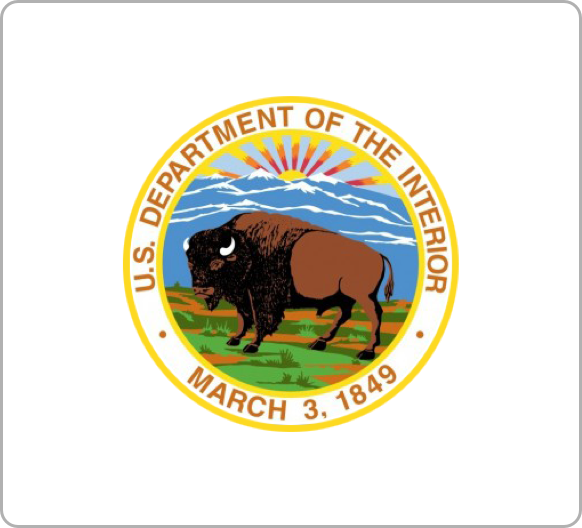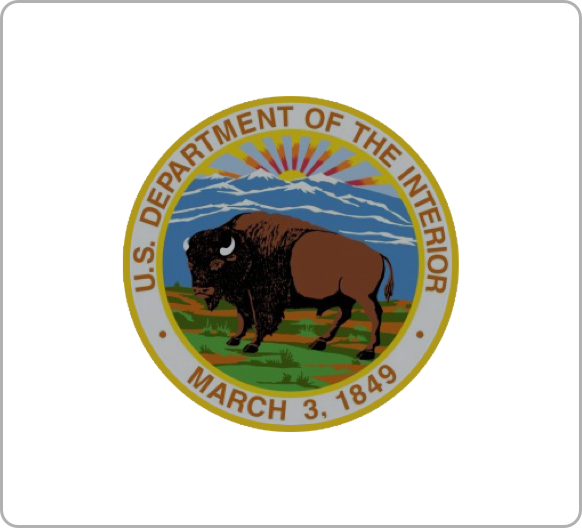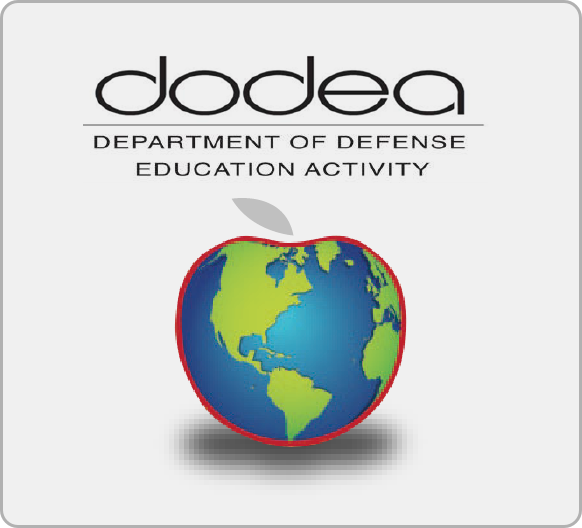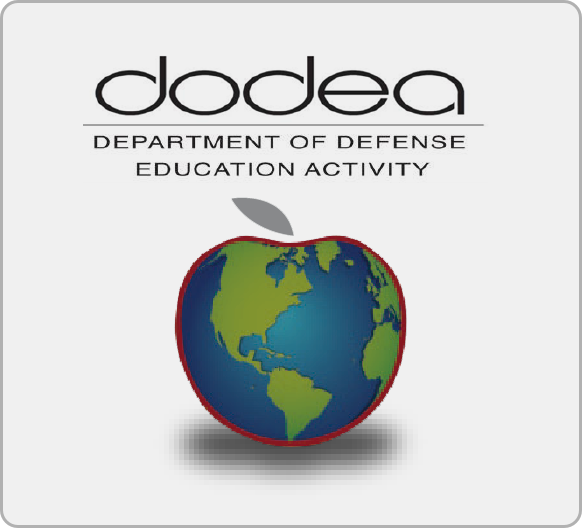WIDA Consortium
Working together to support states, territories and federal agencies, and their MLs
The WIDA Consortium is made up of 42 states, territories and federal agencies dedicated to the research, design and implementation of a high-quality, culturally and linguistically appropriate system to support multilingual learners in K-12 contexts. This comprehensive system, based on research and educator feedback, is built on standards, assessments and professional learning.
New to WIDA?
Check out this one page introduction to how WIDA English language development resources all fit together:
State-Specific Resources
All WIDA Consortium members have a customized member page that provides state-specific contacts as well as information related to implementation of standards and instruction, assessment and professional learning. ACCESS Checklists and Identification and Placement Guidance documents can be found on these pages.You can navigate to your member/state page via the dropdown at the top of the page, or via the map below.

Participation
WIDA involves state and local educators in developing, designing and implementing this comprehensive system of supporting multilingual learners. Various opportunities include
- Participating on the WIDA Advisory Board
- Participating in committees
- Assisting with field testing
- Assisting with bias, sensitivity and content reviews
- Piloting professional learning offerings
Influencing the Process
Educators share ideas on a wide range of topics with their state education agency representatives who serve on various committees to impact the decision-making process and consortium-wide policies.
 This graphic represents the process for educators to share their ideas with WIDA. The process begins with educators’ input: an educator comes up with an idea and contacts their SEA representative. Then, the SEA shares the information with the appropriate WIDA committees for further review. Next, the WIDA committees review the idea and make a recommendation to WIDA. Finally, WIDA reviews the recommendation, makes a decision and shares it back with SEAs and educators.
This graphic represents the process for educators to share their ideas with WIDA. The process begins with educators’ input: an educator comes up with an idea and contacts their SEA representative. Then, the SEA shares the information with the appropriate WIDA committees for further review. Next, the WIDA committees review the idea and make a recommendation to WIDA. Finally, WIDA reviews the recommendation, makes a decision and shares it back with SEAs and educators.
Get Involved in Assessment Development
Every year, WIDA recruits educators with culturally and linguistically diverse backgrounds to review WIDA ACCESS and verify that content is grade-level appropriate, ensure items do not unfairly favor any group of test-takers and confirm that materials are error-free. Help us make this assessment the best it can be for you, your fellow-educators and -most importantly- your multilingual learners. Our ACCESS review sessions include:
- Bias and Sensitivity Review - Ensure test items do not favor any group of students over another or have the potential to upset test-takers.
- Content Review - Ensure each test item is factual and grade-level appropriate.
- Forms Review - Review the entire test immediately before it is operational to do a final check for errors.
- Field Testing - Let your students practice for the scored test and ensure new test items meet our high quality standards.
Learn more about these and other opportunities on the Building a WIDA Assessment page.
WIDA Consortium Annual Reports
These reports include testing statistics, student demographics, financial information, customer service tracking, professional learning usage, recent publications, as well as updates on projects, research and initiatives.
The Benefits of Participation for SEAs
· Opportunities to influence consortium directives regarding policies and regulations pertaining to English learners
· Access to evidence-based professional learning offerings through WIDA facilitators and online resources
· Consistency in training, administering, scoring, and interpreting of English language proficiency assessment"

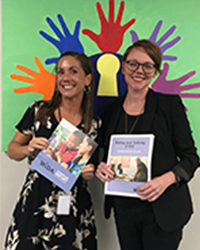

Sign up to receive emails from WIDA
Stay informed about WIDA resources, learning opportunities, and more! We offer several subscriptions including WIDA Monthly, WIDA Español News and The Big Idea.






